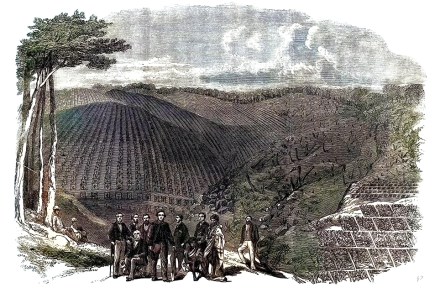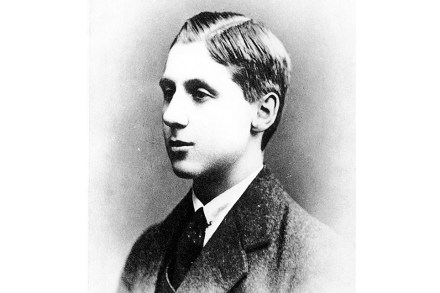The hellraisers of Hoxton: Art, by Peter Carty, reviewed
Those one-time hellraisers the Young British Artists are today more likely to be found making noise complaints to the local council than sliding down the bannisters at the Groucho Club. But in his part-historical, part-satirical, part-autobiographical debut novel Art, Peter Carty returns to their heyday as he charts the birth of the movement that shook




















